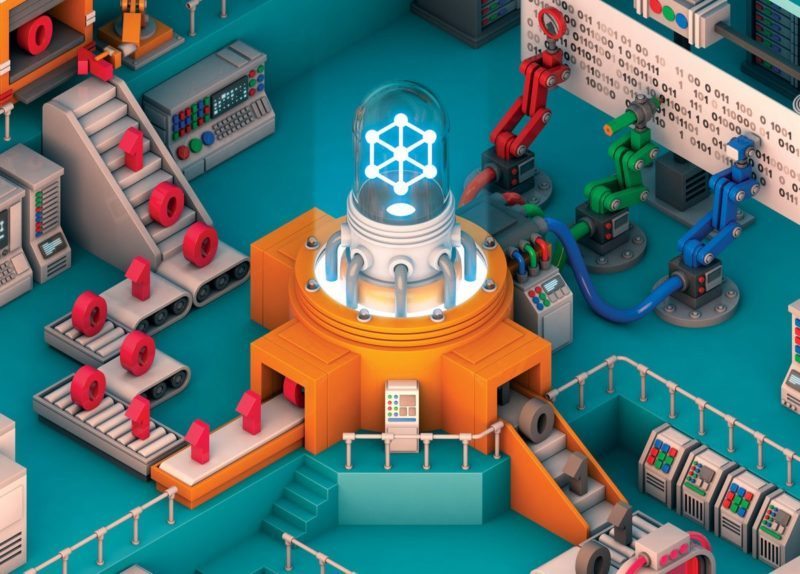Google AIs Create Their Own Encryption
Ashley Allen / 8 years ago

Research by Google’s deep learning project has revealed that its artificial intelligence systems are capable of creating their own bespoke encryptions to share private messages. Google Brain researchers Martin Abadi and David Anderson created a trio of neural networks – Alice, Bob, and Eve – two of which were able to develop an encrypted language with which they were able to communicate with each other.
“In their experiment, computers were able to make their own form of encryption using machine learning, without being taught specific cryptographic algorithms,” Timothy Revell of New Scientist reports. “The encryption was very basic, especially compared to our current human-designed systems. Even so, it is still an interesting step for neural nets, which the authors state “are generally not meant to be great at cryptography”.”
“The Google Brain team started with three neural nets called Alice, Bob and Eve. Each system was trained to perfect its own role in the communication,” Revell explained. “Alice’s job was to send a secret message to Bob, Bob’s job was to decode the message that Alice sent, and Eve’s job was to attempt to eavesdrop.”
With practice, Alice became better at encrypting its messages – indecipherable by Eve – which were able to be decrypted by Bob.
“To make sure the message remained secret, Alice had to convert her original plain-text message into complete gobbledygook, so that anyone who intercepted it (like Eve) wouldn’t be able to understand it,” Revell added. “The gobbledygook – or “cipher text” – had to be decipherable by Bob, but nobody else. Both Alice and Bob started with a pre-agreed set of numbers called a key, which Eve didn’t have access to, to help encrypt and decrypt the message.”
Abadi and Andersen’s paper on the work, Learning to Protect Communications with Adversarial Neural Cryptography, has been published by arXiv.



















